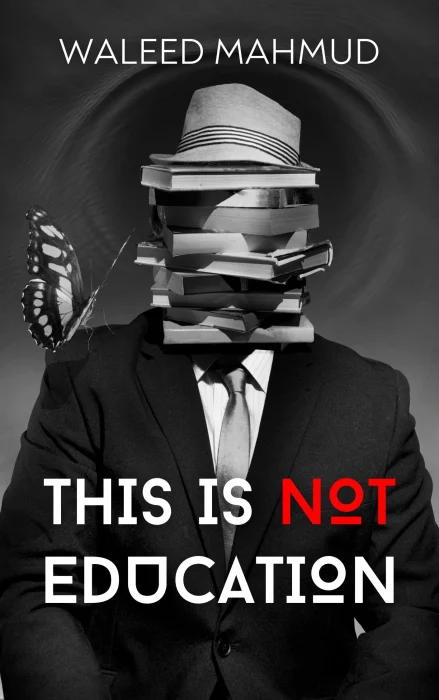Humanity has been guided by numerous codes of morality and ethical doctrines throughout history. These moral codes have shaped civilizations and direct the moral compass of societies. These codes have been seen as the pillars of good behavior and righteous living. They are hailed and revered as immutable and sacred by their followers.
However, as we moved forward through centuries of progress and devastation, we have repeatedly come across a critical question. This question challenges the very foundations of these moral systems:
“Good? By what standard?”
To live morally is to walk a path of constant self-examination, where each step is a commitment to doing what is right, even when unseen.
The Burden of Traditional Moral Codes
The essence of most traditional moral codes is the aspiration towards an ‘ideal’ of behavior. This ideal often demands self-sacrifice, altruism, and a suppression of personal desires for a perceived greater good. These codes promulgate a vision of virtue that is not only hard to meet but often clashes with underlying human instincts and desires. Ayn Rand provocatively captured this conflict in her critique of traditional morality. She suggested that these moral systems condemn human nature itself; its desires, its ambitions, and its self-interest.
Historically, when disasters and societal failures occurred, the reflexive response has often been to blame these on humanity’s failure to live up to these moral ideals. Societies lament the corruption, the greed, and the selfishness of individuals as the root causes of social and moral decay. In this narrative, human nature is the culprit, fundamentally flawed and perpetually falling short of the moral ideals espoused.

The Punishment for Moral Transgressions
In the wake of these perceived moral failures, societies often react with an even stricter enforcement of these codes. Sometimes to the extent of imposing punitive measures on those deemed deviants. The logic follows that if only people could be more selfless, more altruistic; if only greed and selfishness could be eradicated, then utopia would be attainable. This perspective sees moral transgressions not as symptoms of possibly flawed or unnatural ethical standards but as proof of humanity’s inherent wickedness.
This dynamic creates a cycle of guilt and punishment, where human nature is constantly damned and the earth along with it. Yet, the moral codes themselves rarely come under scrutiny. There is an assumption that these codes are inherently noble and just. That it is the human beings who are at fault for not being able to conform to them.
Questioning the Standard of “Good” in Morality
The critical question then arises: By what standard are these moral codes deemed ‘good’? This question challenges the validity and the universality of traditional moral codes. It forces a reevaluation of the principles upon which these codes are built and asks whether these principles genuinely serve the well-being of individuals and societies or whether they merely perpetuate an ideal that is inherently antagonistic to human nature.
What if, instead of trying to mold human nature to fit these moral codes, we revised the codes to align more closely with the realistic capabilities and needs of human beings? This approach does not advocate for an abandonment of all moral principles but suggests a reformation of morality that recognizes and respects the intrinsic traits and needs of human nature.
Morality in Alignment with Human Nature
A reimagined moral code would prioritize principles that promote individual well-being and happiness, which could lead to healthier societies. Such a morality would not be rooted in self-sacrifice but in self-fulfillment; not in denying one’s desires but in channeling them in ways that are constructive and not destructive. It would encourage virtues such as rational self-interest, integrity, productivity, and mutual respect, all anchored in the reality of human capabilities and limitations.
The journey towards this reimagined morality requires courage; the courage to question long-held beliefs, to confront the possibility that the standards by which we have judged ‘good’ may themselves be flawed. It demands a deep dialogue about how we define morality and its role in our lives.
As we forge ahead, let us consider that the true standard of ‘good’ should be measured not by how well it suppresses human nature but by how well it enhances human life and freedom. I envision a moral framework that celebrates life on earth, that sees human beings not as flawed creatures to be damned but as individuals capable of creating a morally righteous world through the very nature of their being.
In this pursuit, we are not just redefining morality; we are reclaiming it to serve the very essence of human life; its thriving, its dignity, and its unbound potential.

